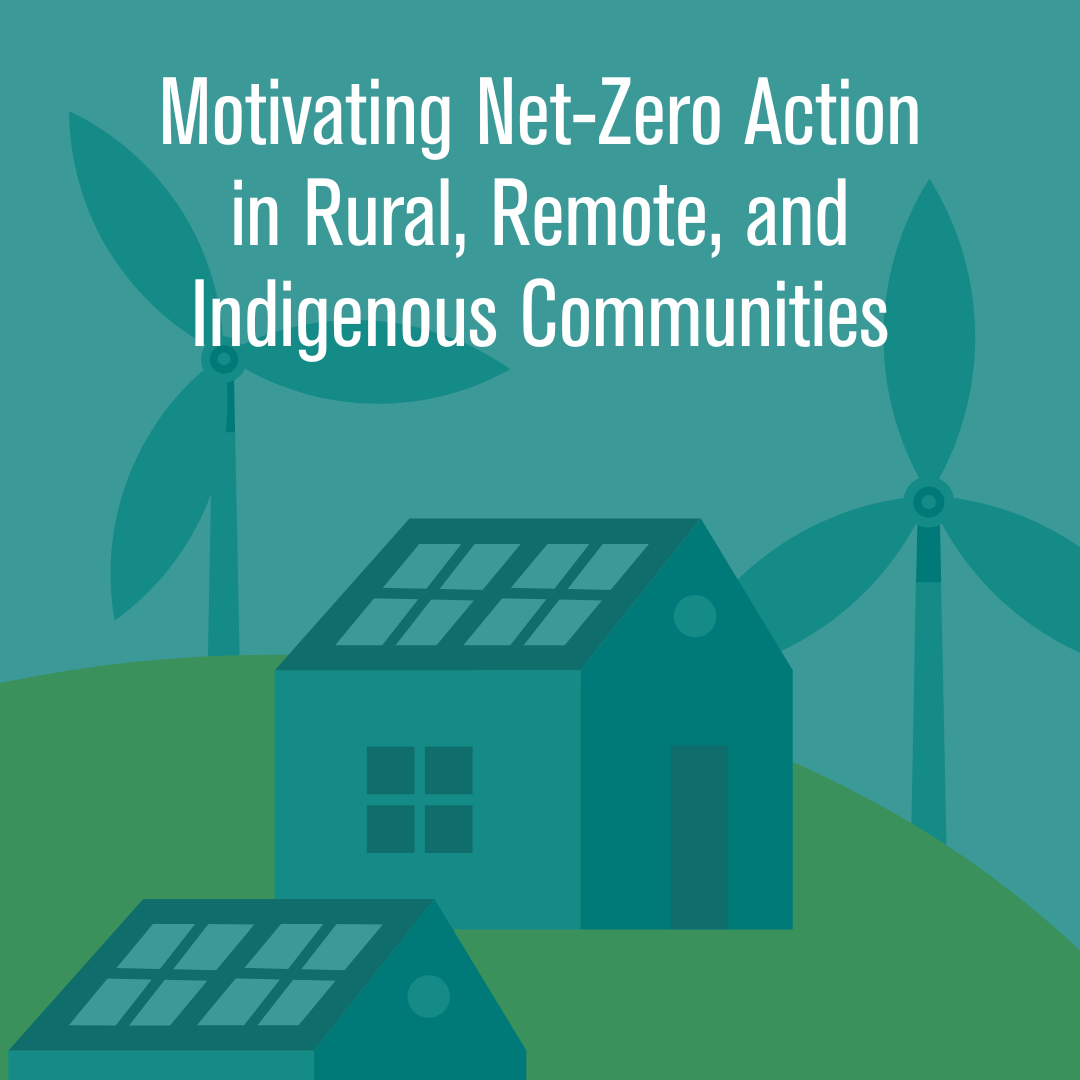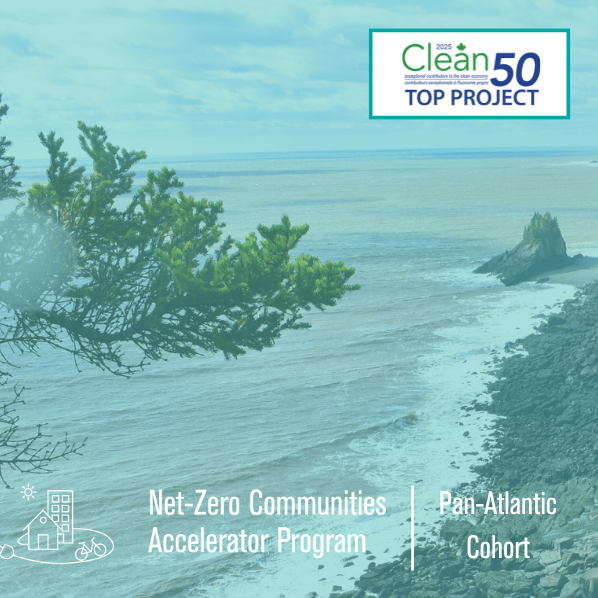We need your help, in referring us to a New Brunswick municipality!


We need your help, in referring us to a New Brunswick municipality!

QUEST Canada’s Motivating Net-Zero Action in Rural, Remote, and Indigenous Communities (MNZA) research project explores the motivations, challenges, and energy opportunities low-density areas across Canada face as they transition to net-zero.
QUEST Canada’s Pan-Atlantic NCA Program enables Atlantic Canada communities to reach net zero by equipping them with the tools and knowledge to develop and implement community energy and emissions plans and understand the net economic benefits they can provide.

QUEST Canada’s Net-Zero Communities Accelerator (NCA) Program has been recognized with a prestigious 2025 Clean50 Top Project Award. The annual awards recognize initiatives based on their innovation, their ability to inform, and to inspire Canadians.
QUEST Canada’s Pan-Atlantic NCA Program enables Atlantic Canada communities to reach net zero by equipping them with the tools and knowledge to develop and implement community energy and emissions plans and understand the net economic benefits they can provide.
The objective of QUEST Canada’s Energy Transition Policy Program is to engage in a collaborative discussion with energy decision-makers to align climate and energy transition planning and policies that will facilitate sustainable community energy systems in support of a net-zero carbon (carbon neutral) economy by 2050.
The NCA Program’s Prairies Cohort, is currently comprised of fifteen participating communities from Alberta, Manitoba, and Saskatchewan.
The NB SECA Pilot Program successfully established a community energy planning accelerator to assist a series of New Brunswick communities and one First Nation, equipping them with the tools and knowledge to develop and implement community energy plans and understand the net economic benefit they can provide.
Accelerating Implementation of Renewable Energy (AIRE) for Indigenous Communities is a three-year project designed to help rural and remote Indigenous communities reach emission reduction targets by increasing their capacity to plan and implement land-based renewable energy initiatives (solar, wind, biomass, and geo-thermal). This project supports rural, remote Indigenous communities on their pathway to net-zero.
Partnering for Indigenous Community Energy Capacity (PICEC) is an Indigenous, community-led initiative aimed at strengthening the understanding and knowledge of priorities, needs, and challenges surrounding community energy planning.
Powered by Communities is an awareness-raising platform that highlights and celebrates local community energy transition initiatives taking place across the country.
April 16, 2025 // QUEST Canada invites small and mid-sized municipalities across Ontario to join the initial cohort of...
The project will combine cutting-edge research with on-the-ground qualitative analysis to develop a research database capturing the current state of low carbon innovation in the energy sector.
Do you need help to create your climate adaptation plan and increase your resilience against the impacts of climate change and extreme weather? Apply for the Climate Adaptation Program!
July 6, 2022March 31, 2022 Today, QUEST Canada announced a new milestone for communities participating in the New...
The goal of the Regulatory Innovation Sandboxes project is to create foundational policy frameworks for legislated regulation innovation. The foundational frameworks can then be used by provincial, territorial and federal policymakers and regulators to create more effective policies, regulations, and programs to accelerate the transition to a low-emissions future efficiently and fairly using a multi-sectoral, collaborative process.
For many municipalities, there is a disconnect between broader provincial planning policies and programs and local...
Almost 90 percent of Canadian natural gas, thermal and electric utility distributors have been significantly impacted...